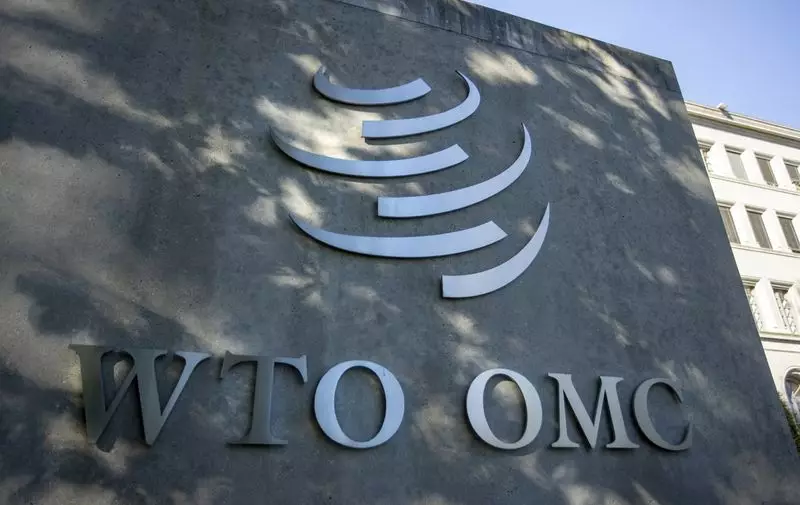In a landmark decision, the World Trade Organization (WTO) has selected Cameroon as the venue for its next ministerial conference scheduled for March 26-29, 2026. This biannual gathering serves as a platform for trade ministers from around the globe to congregate, aiming to negotiate and refine international trade regulations. The announcement has been met with enthusiasm, particularly from Cameroonian diplomats, who view the event as an opportunity to showcase not only their nation’s potential but also the broader prospects for investment and sustainable economic development in Africa.
Despite the optimism surrounding the conference, challenges loom large for the WTO as it navigates an increasingly complex international trade landscape. The organization has witnessed a significant struggle to bring member states to consensus, especially following its last ministerial summit in Abu Dhabi, which yielded only modest progress. With 166 member nations involved, reaching an agreement that satisfies everyone remains an arduous task. The specter of escalating trade tensions, particularly with the impending return of U.S. leadership under Donald Trump, further complicates the road ahead.
WTO Director-General Ngozi Okonjo-Iweala has underscored the necessity for a novel strategy in negotiations to transcend the current impasse. In recent remarks, the former Nigerian finance minister emphasized the importance of delivering tangible outcomes rather than perpetuating the cycle of stalled talks. As trade dynamics shift and nations increasingly prioritize national interests, the WTO must adapt by fostering dialogue that transcends traditional barriers and resonates with the diverse economic priorities of its members.
For Cameroon, hosting the conference is not merely a ceremonial accolade; it represents a pivotal moment in its development trajectory. Ambassador Salomon Eheth articulated hopes that the event would illuminate the country’s potential to attract investment and support sustainable growth. This sentiment resonates particularly in the face of shifting global trade patterns that increasingly favor resource-rich nations poised for development. The international community’s attention could catalyze new investment opportunities, infrastructure developments, and collaborative initiatives aimed at enhancing economic resilience.
Looking Ahead: The Future of Global Trade
As the global economy grapples with challenges such as protectionism, trade wars, and the repercussions of climate change, the implications of the WTO’s 2026 ministerial conference stretch far beyond Cameroon’s borders. The outcome of this gathering will likely set the tone for the future of international trade agreements, impacting everything from tariffs to trade facilitation measures. It is imperative for WTO members to rise to the occasion, embrace innovative solutions, and strive for cooperative frameworks that provide mutual benefits in an interconnected global marketplace.
While the anticipation for the conference grows, the path towards meaningful trade negotiations remains fraught with obstacles. The success of this event will ultimately depend on the collective willingness of nations to collaborate, adapt, and innovate for a sustainable and prosperous future in global trade.

